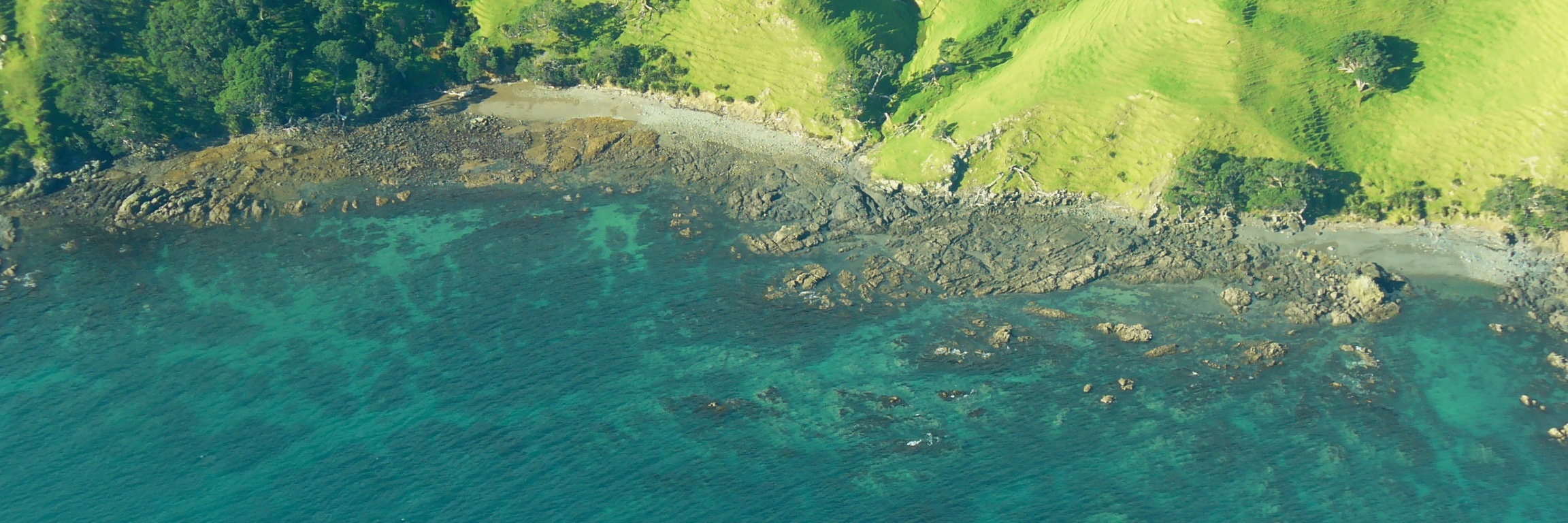Māori and the coast
Coastal areas are significant to Māori both spiritually and as a source of food, weaving and carving materials. People have reduced the coast’s natural values and it's ability to provide food and other resources but there are many things we can do to help restore our coasts and respect traditional beliefs.
Coastal resources continue to provide sustenance and identity to coastal Māori. Rare weaving materials, such as pīngao, grow on coastal dunes. Harbours and estuaries are important breeding, nursery and feeding grounds for fish and birds such as pātiki (flounder), matamata (whitebait), and kuaka (godwits).
Māori regard the coastal environment as 'baskets of food' providing kaimoana for the coastal community. As a food source, the coast needs to be treated with respect. For example, it is inappropriate to discharge waste into coastal areas.
Sand dunes contain many important cultural sites including:
- middens - New Zealand’s early domestic rubbish dumps
- remains of general living areas with stained sands from ovens
- urupa (burial grounds).
These sites are very significant spiritually to Māori. They also provide a tangible reminder of our history and help us understand the past better.
Changing our coast
Over the years we have lost a lot of the natural character of the Waikato Region’s coastal environment.
We have changed our coasts by:
- removing coastal plants
- filling in areas that were once mangrove forests and salt marshes
- mining coastal minerals (such as iron sand).
Mahinga kai (food collection sites) have been depleted by:
- sewage and storm water disposal
- farm runoff
- sedimentation
- dredging
- introduced plants and animals
- over-harvesting
Many people are concerned about the desecration of urupā (burial grounds) in caves and beneath sand dunes along the coastline.
What can we do to help?
Waikato Regional Council is working with Iwi Trust Boards to produce ‘memoranda of agreement’. These will provide guidelines on how we can best work together.
We also take into account the significance of sites to tangata whenua and request that applicants consult with iwi as part of resource consent applications.
There are lots of ways we can all help.
- Respect any rāhui (harvest bans) in place
- Never harvest more than you need
- Don't use our coastal areas as rubbish dumps
- Don’t use the sea as a toilet
- Take part in a coastal planting day. Local Beachcare groups plant pīngao and other coastal plants
- Don’t disturb any kōiwi (human remains) you may find in dunes or caves If you are concerned contact the Police
Glossary
| Māori term | Definition |
| Iwi | Tribe/people |
| Kaimoana | Seafood |
| Rāhui | Ban or prohibition on collecting resources |
| Tangata whenua | People of the land |
| Urupā | Burial ground |

